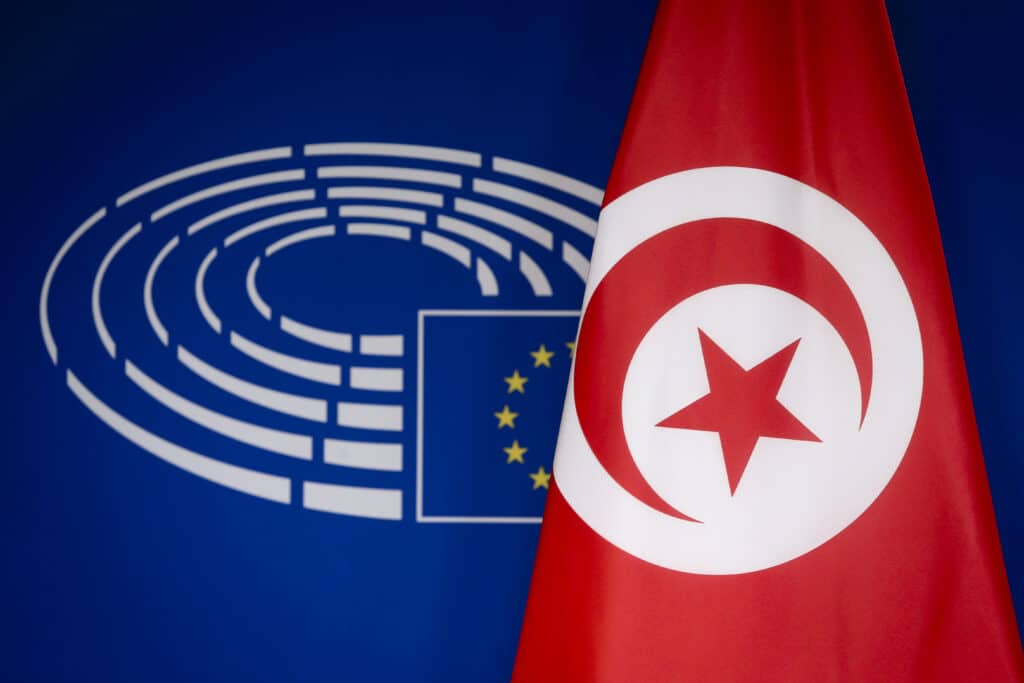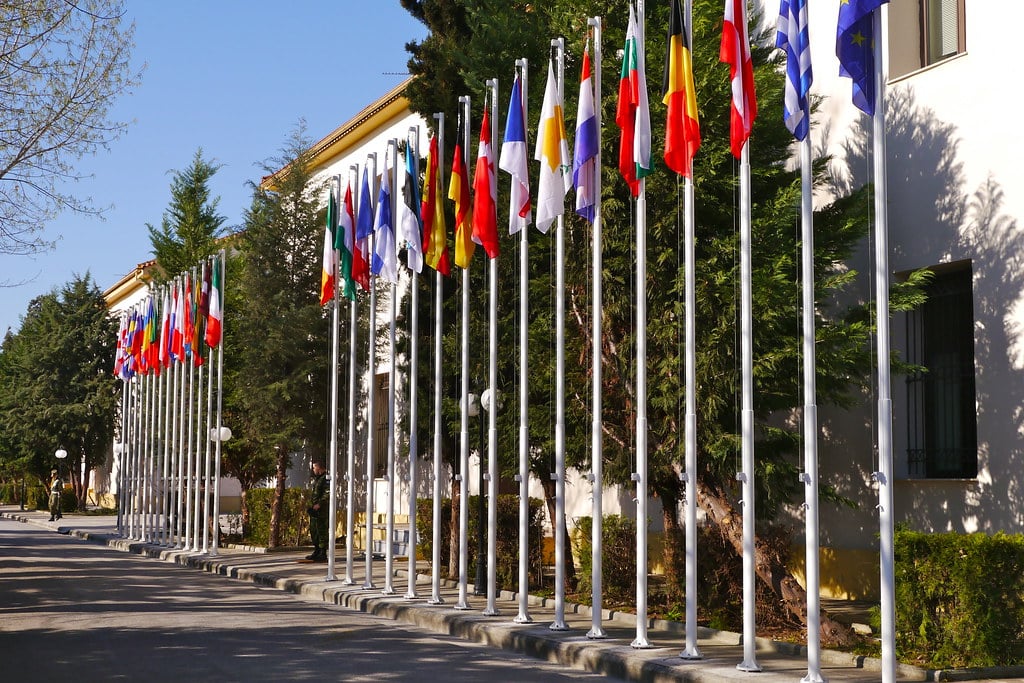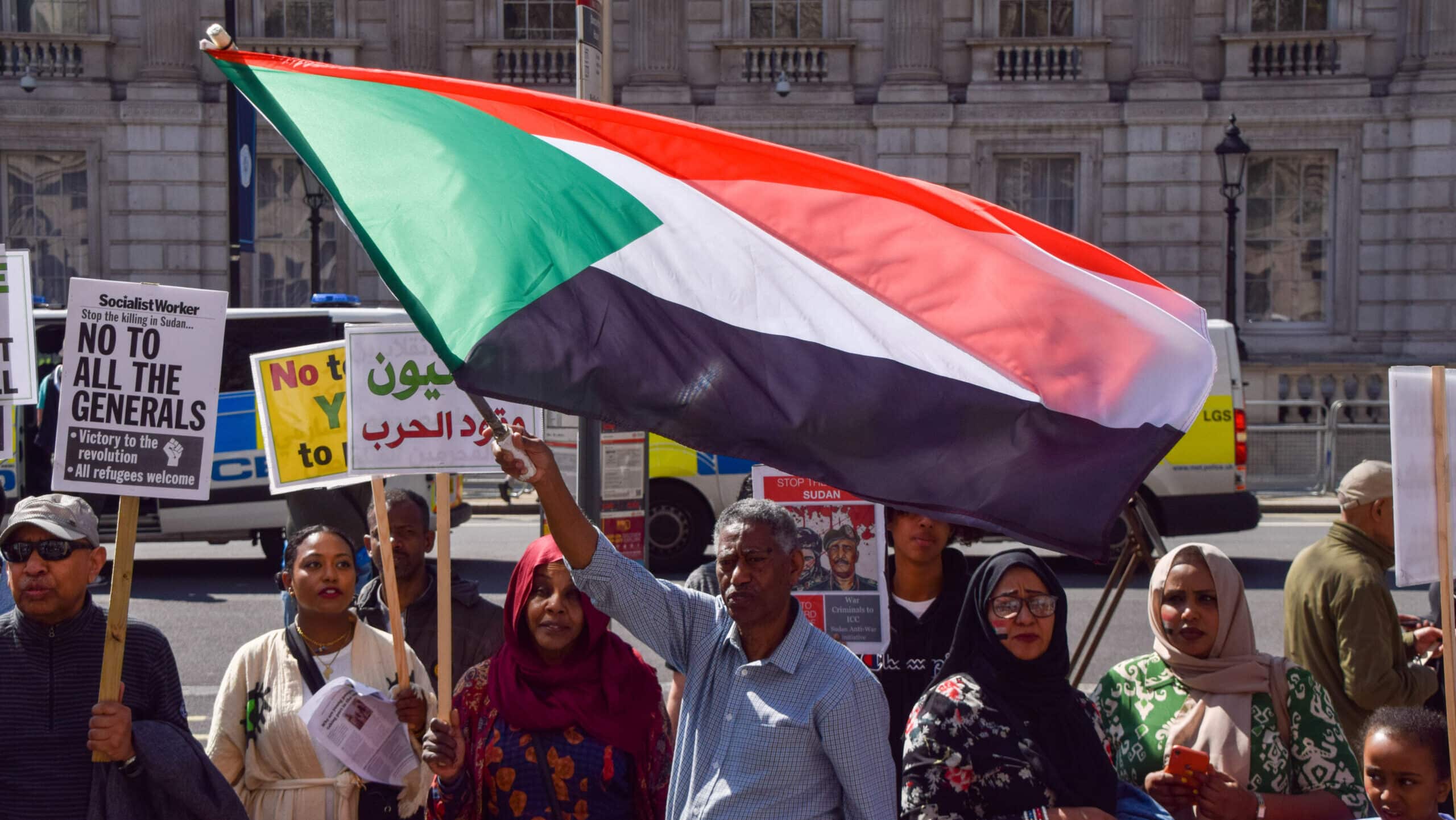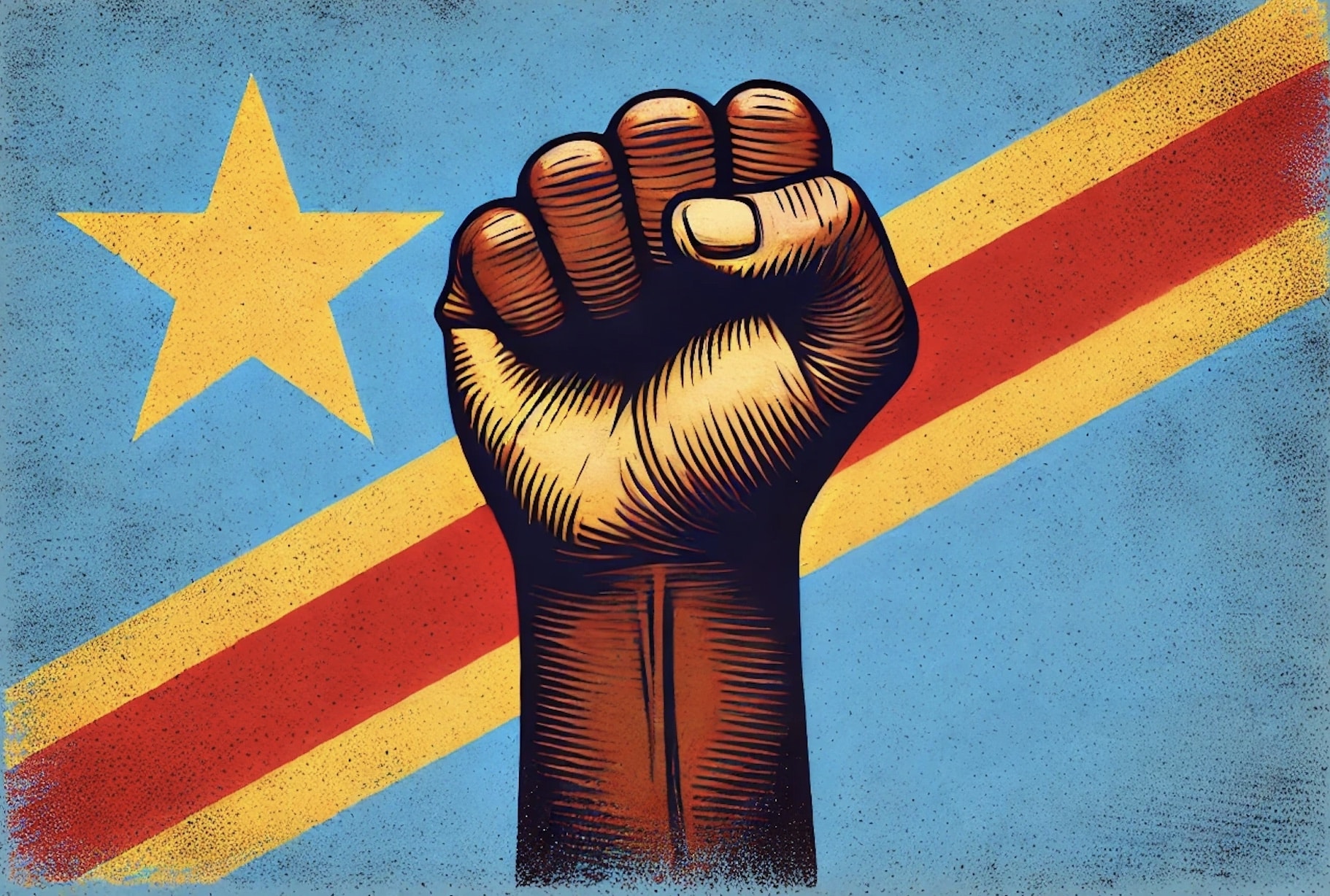Source: Martin Schulz
The European Union is considering Tunisia about 900 million euros to support the economy in exchange for better border control and measures against human trafficking. Ursula von der Leyen, head of the European Commission, said €150 million in budget support will be provided immediately once the necessary agreement is reached.
Prime Minister Mark Rutte and Prime Minister Giorgia Meloni of Italy accompanied von der Leyen in her talks with Tunisian President Kais Saied, during their visit to Tunisia last Sunday. Meloni expressed concern that Europe could face a wave of refugees and migrants from North Africa if the country's financial stability is not ensured. Von der Leyen stressed the priority of the EU's €100 million allocation to Tunisia for border management, search-and-rescue operations and the humane return of migrants. Thus, the European Commission stated in its statement: that combating illegal migration to and from Tunisia and preventing loss of life at sea is a common priority, including the fight against smugglers and traffickers.
Von der Leyen further stressed that the EU is Tunisia's main trade and investment partner and has "supported Tunisia on its path to democracy" since it was the first to revolt during the Arab Spring in 2011. Prior to the meeting, President Saied had said his country would not accept a border guard becomes for other countries when he visited the port city of Sfax, the main departure point for migrants trying to reach Italy by boat.
Political and economic crisis
Tunisia has been suffering from a serious political crisis since 25 July 2021, when Saied began implementing extraordinary measures, including dismissing the government, arresting critics and opposition, dissolving parliament and the judicial council, and implementing presidential decrees, in order to take full political power to himself. The country is further experiencing economic problems, with a inflation of 10 per cent. The country was hit hard by covid pandemic as its economy is largely based on tourism. Last year, Tunisia reached an agreement for an IMF loan of about $2 billion. Since then, however, talks have stalled as Saied rejected required reforms of state-owned enterprises, restoration of political institutions and government subsidies on basic commodities, will not enter.
Since Thursday, an early conclusion of the EU-Tunisia negotiations has become more important than ever. After six years of negotiations, 27 EU ministers signed a Agreement reached on new European asylum rules. One of its components is the return of rejected asylum seekers to "safe third countries", including Tunisia. Currently, asylum seekers are only required to be returned to countries where they have previously resided. However, these rules will be relaxed. In future, it will be sufficient if a person has visited the country in question during transit.
Increasing flow of refugees
On 21 February President Saied gave a speech urging Tunisian security forces to take strict action against people from sub-Saharan Africa. He accused migrants of being part of an attempt to "repopulate" the country. He claimed he was concerned about the possible "change in the demographic compositions" of Tunisia, which would turn the country into "another African country that is no longer part of the Arab and Muslim nations". He warned that this would be accompanied by "violence, crime and unacceptable practices". Following this speech, hundreds of people were arrested in large-scale police actions, and racist attacks increased sharply across the country. In recent months, the Tunisian coast guard has launched a unprecedented number washed-up bodies of refugees recorded. Recently, they reported that nine bodies had been recovered and 29 people rescued after their boat sank off the coast of the city of Monastir while trying to reach Italy. In March, 29 people were killed while trying to cross to Italy from Sfax. In April, the coast guard reported that 210 bodies had washed up along the country's coastline in less than two weeks.
Tunisia political café June 26
Want to learn more about the migration deal with Tunisia, or the democratic decline in the country? Then sign up for our online political café on Monday 26 June, featuring among others PvdA second MP Kati Piri, GroenLinks MEP Tineke Strik and investigative journalist Fairouz Ben Salah Sign up via the link!





